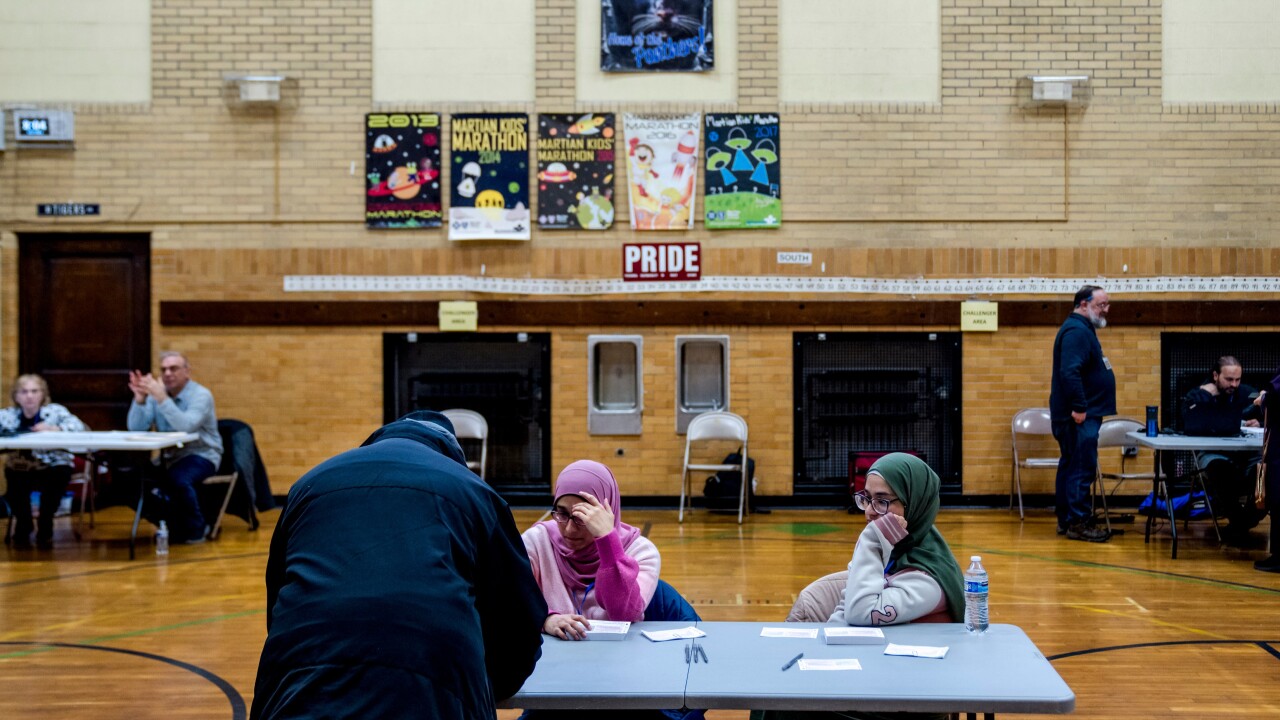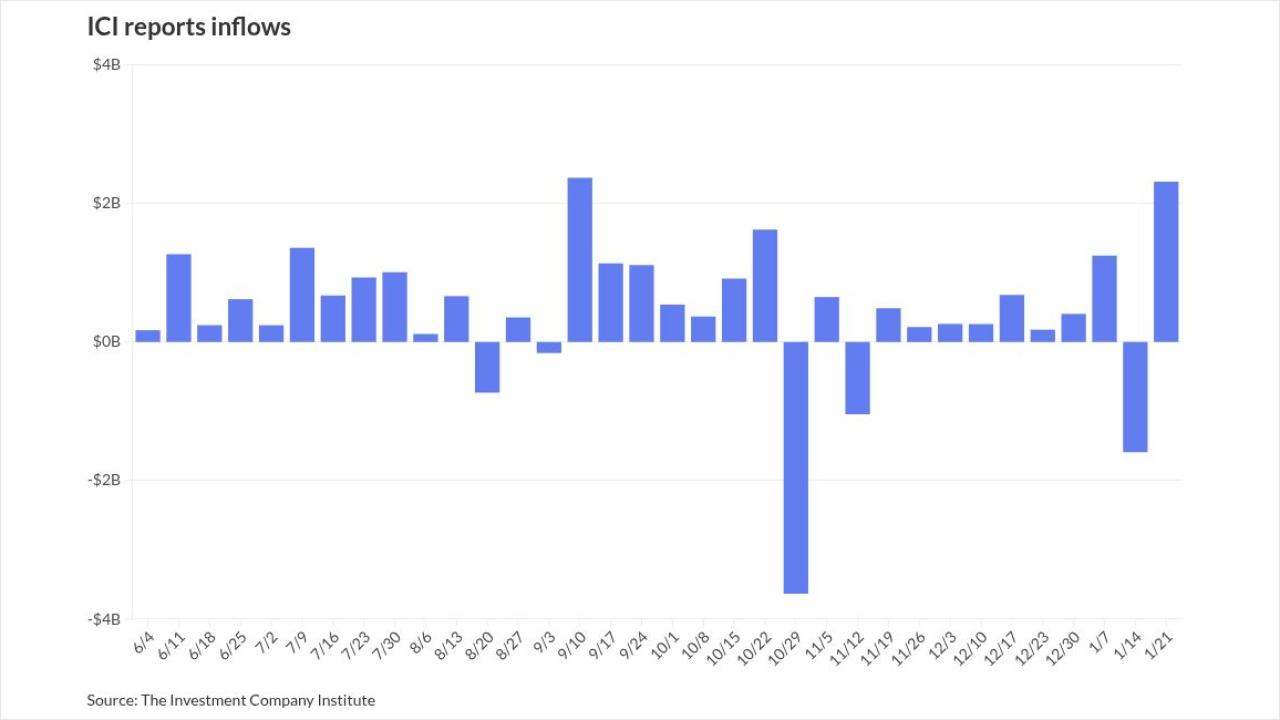A federal judge ordered Harvey, Illinois, to rehire a consultant and prove the status of management reforms the city agreed to in
After a series of communications over the last year about the status of the impoverished city’s compliance, the Securities and Exchange Commission dragged the city

SEC officials asked the court to order the city to fully implement recommendations laid out by an independent consultant aimed at strengthening the “city’s weak and ineffective system of internal controls.” The court agreed last week that the city was in violation of terms.
Before the SEC filed its enforcement action, the city had argued that most of the consultant’s recommendations were in place and the city couldn’t afford to rehire the consultant due to the COVID-19’s pandemic fiscal strains.
The SEC action added to the fiscally distressed city’s crowded plate; it is devising a debt restructuring under a pact struck last year with bondholders who sued to intercept tax collections amid ongoing general obligation bond defaults. The city also at the time of the filing was seeking to get out from under a c
The city succeeded in winning back control of its water system at the start of the year which aids the restructuring and the SEC action could help its eventual marketing — if it can show compliance, said market participants.
The March 2019 report from ICL LLC accountant James Hill concluded the “internal control environment within the city of Harvey is still unreliable and informal and most likely will remain so unless forced by external regulatory bodies or a renewed commitment by the new administration to remediate undocumented controls and policies and procedures as a top priority in 2019.”
After the enforcement action was filed in October, Harvey sought to assure the court it was in contact with the prior consultant hired as part of the consent agreement and was taking steps to comply.
“The city, and its comptroller, are completing the latest full year fiscal audit, which should be completed at the end of this month. The city already complies with the consultant’s recommendations but will be documenting those policies that it has in place consistent with the consultation’s final report,” the city wrote.
But the city’s assurances fell short of preventing the court from agreeing with the SEC that the city had failed to comply with the agreement’s terms.
“The city is in violation of the consent judgment," Judge Thomas M. Durkin, U.S. District Court for the Northern District of Illinois Eastern Division, wrote in last week’s order. Further review by an independent party is necessary in order to ensure that the city complies with the consent judgment, he wrote.
The court ordered the city to re-hire the consultant by March 1 to provide an updated report on the status of compliance with the recommendations of the March 2019 report. If the consultant “finds that any deficiencies remain in the city’s internal controls, the court expects” the new report to include “recommended deadlines for remediation of those deficiencies. The SEC may seek relief from the court regarding any deadlines ICL sets or the city’s compliance with them.”
The recommended reforms were far-reaching in scope impacting payroll and human resources, fiscal management and reporting, accounts payable and cash disbursements. “Harvey believes it is now in compliance and the rehiring of James Hill and his review will demonstrate that the city is in compliance,” Harvey’s private attorney, Robert Fioretti, said this week.
SEC investigators alleged Harvey had diverted about $1.7 million over the course of 2008, 2009 and 2010 from offerings that were supposed to finance a hotel and conference center. The unfinished project was abandoned. The official statements made no mention of proceeds being diverted.
The SEC accused Harvey and former comptroller Joseph Letke of engaging "in a scheme to divert bond proceeds for improper purposes, including undisclosed payments to Letke,” fraudulently misleading bond investors.
The city’s restructuring and compliance efforts are being pursued by Mayor Christopher Clark who took office in 2019. Harvey has been mired in litigation with various other creditors. In 2018, it settled a dispute with its public safety pension funds that sought to garnish tax revenues that flow through the state to make up for overdue contributions and its water distribution system was under a court-appointed receiver after it fell it in arrears on payments to Chicago for Chicago-treated water from Lake Michigan.
The case SEC v. Harvey is 1:14-cv-04744.





